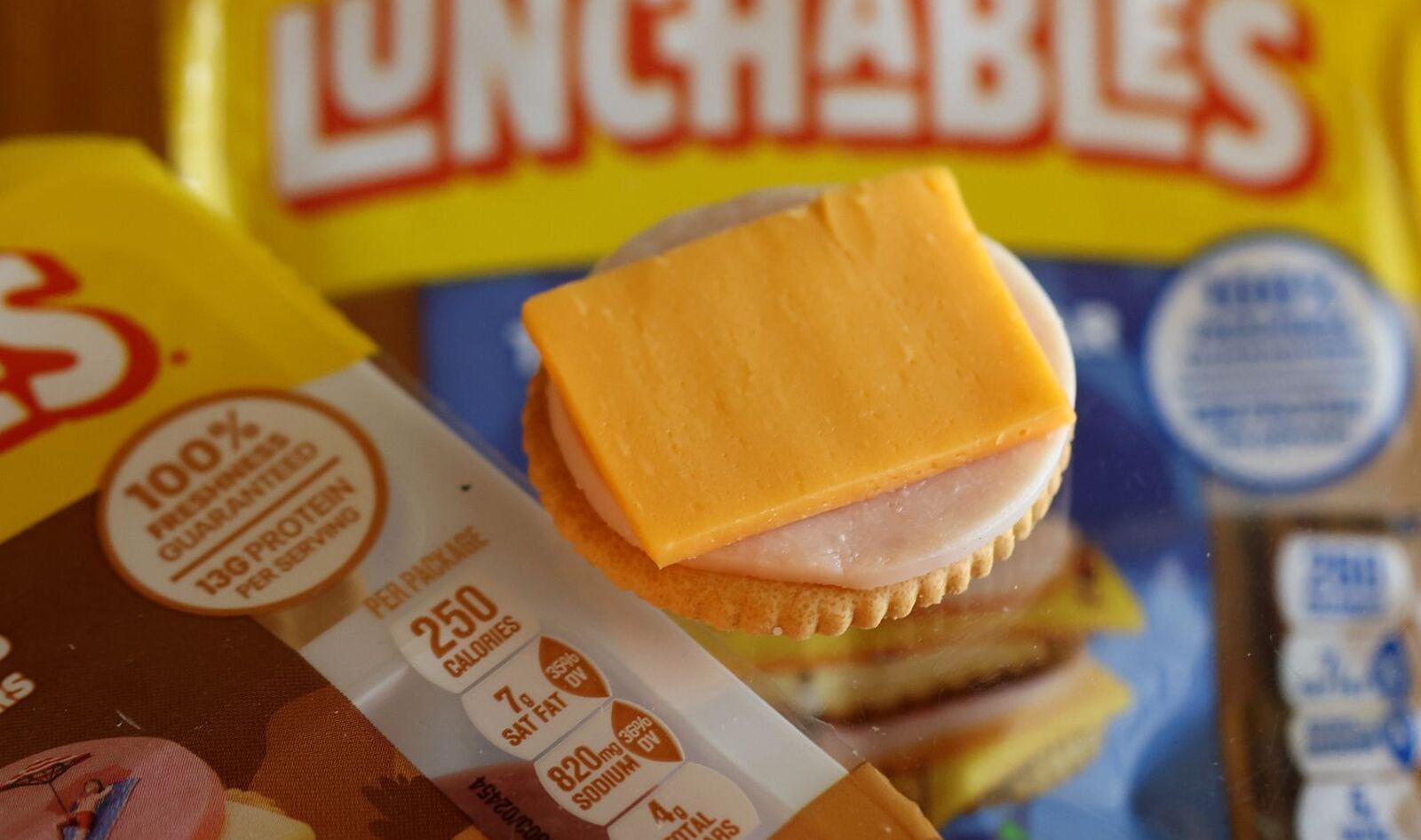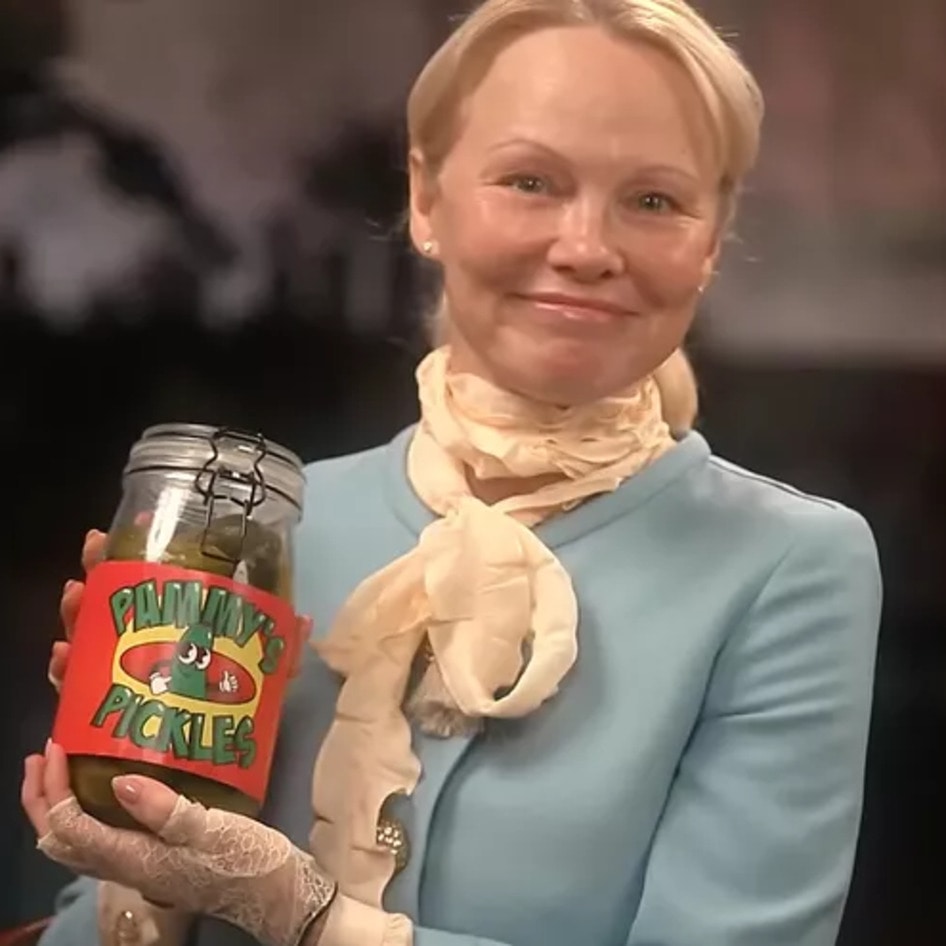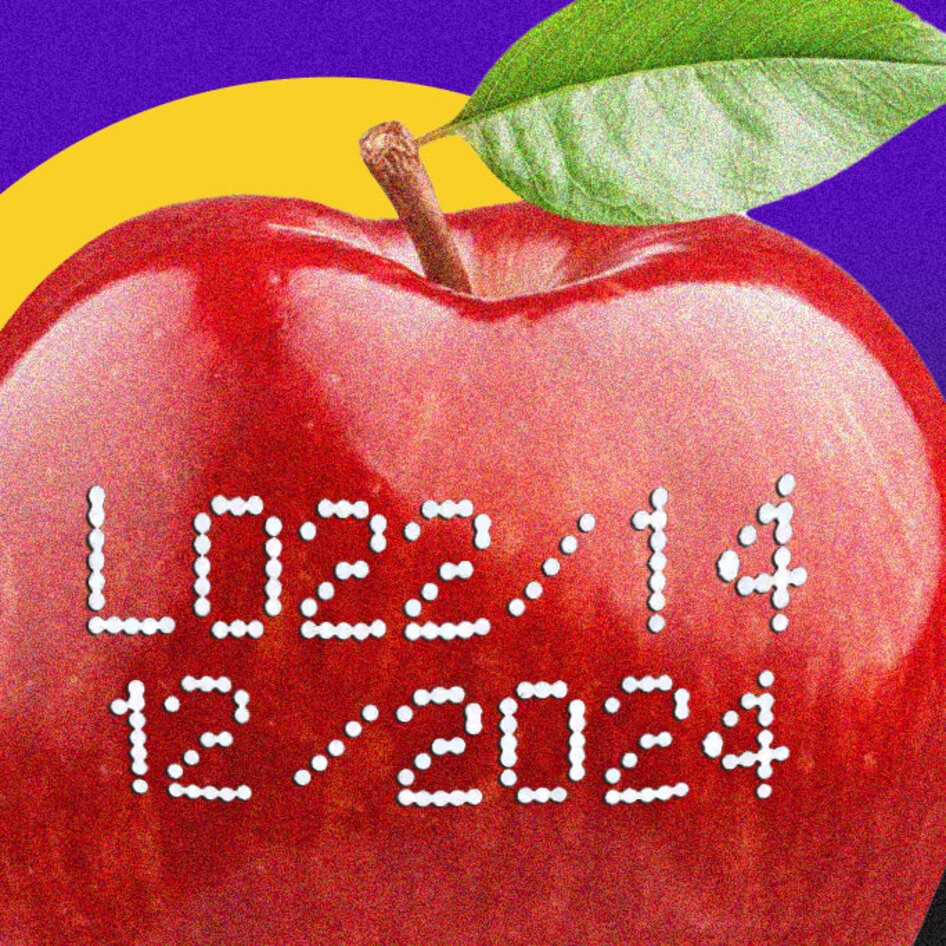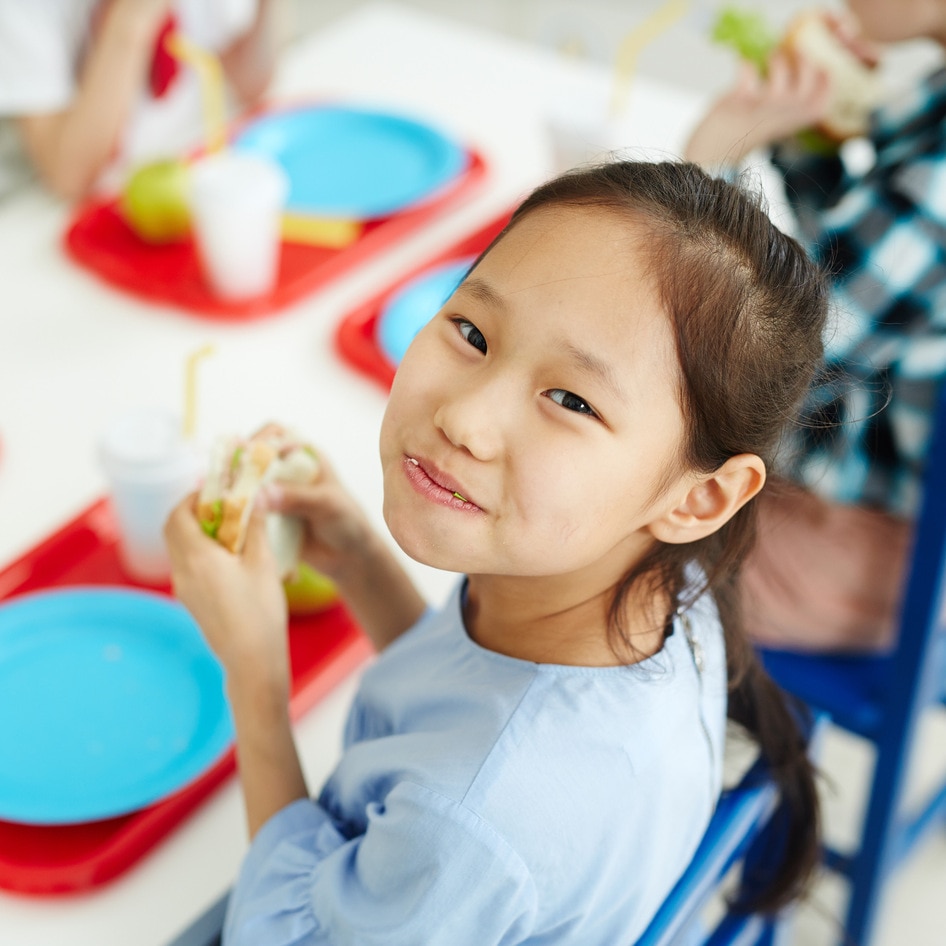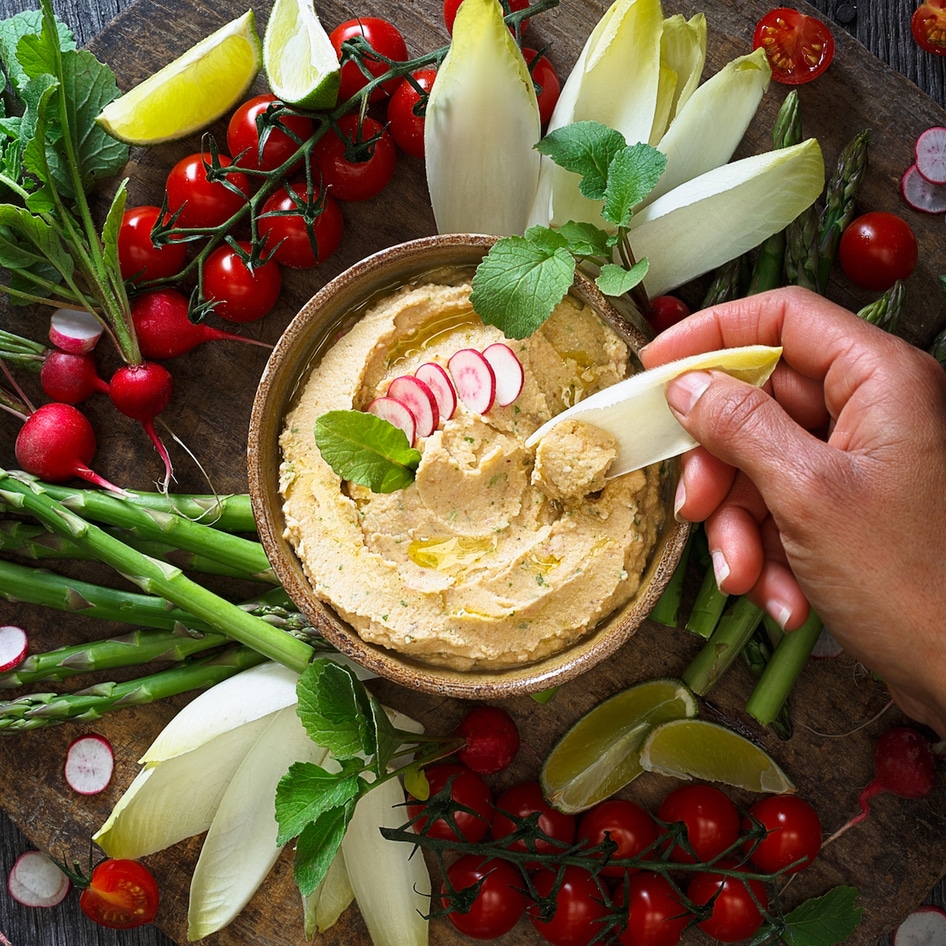In response to rising health concerns over its nutritional value and potential contaminants, Kraft Heinz has announced it will withdraw its popular Lunchables products from the National School Lunch Program (NSLP).
The decision follows a September petition by Consumer Reports and More Perfect Union, which gathered more than 50,000 signatures urging the USDA to remove the popular meal kits from federally funded school lunch offerings.
Kraft Heinz maintained that the choice to discontinue the kits was unrelated to the consumer group’s findings, yet the decision comes amid heightened scrutiny of food safety and nutritional standards for school-age children.
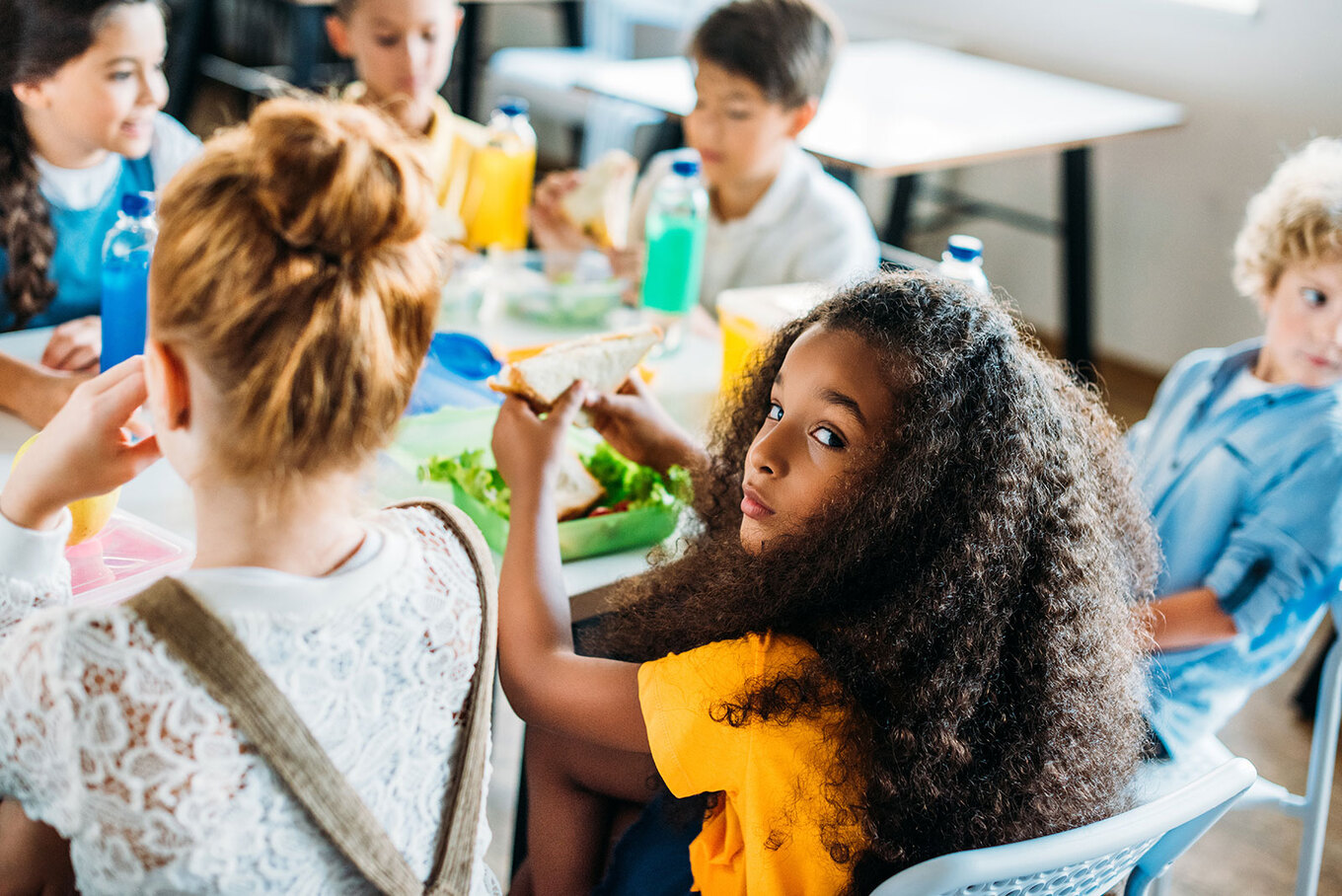 Adobe
Adobe
The petition submitted to USDA cited findings from Consumer Reports’ independent testing, which revealed elevated sodium levels in two of the Lunchables kits currently available in schools.
Testing indicated that these versions contained even higher levels of sodium than their store-bought counterparts, raising concerns among parents and health advocates alike. Additionally, tests conducted on 12 store-bought lunch kits — spanning brands like Armour, LunchMakers, Good and Gather, Greenfield Natural Meat Co., and Oscar Mayer — detected potentially dangerous substances such as lead, cadmium, and phthalates.
Although none of the lunch kits violated existing federal limits, five products contained levels of lead and cadmium that would surpass 50 percent of California’s maximum allowable intake for these heavy metals.
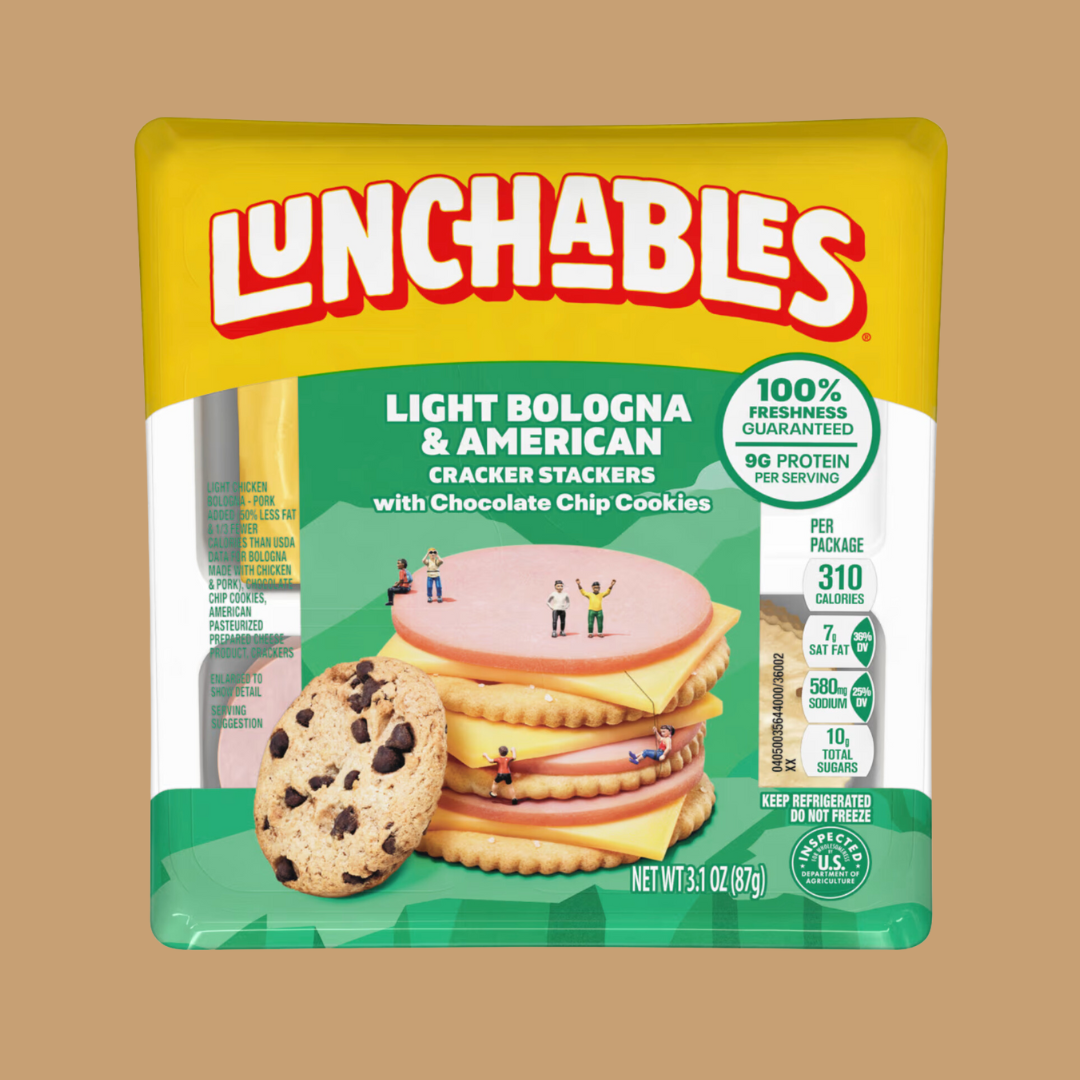 Kraft Heinz
Kraft Heinz
Consumer Reports found that all but one of the tested products, Lunchables Extra Cheesy Pizza, contained phthalates, chemicals used in plastics that have been associated with reproductive disorders, diabetes, and certain cancers.
Consumer Reports pushed for stricter USDA guidelines on what qualifies as a safe, healthful option for the NSLP, which serves around 30 million children, including those from low-income backgrounds. While the organization commended Kraft Heinz for its decision to withdraw from the program, it urged USDA to implement more robust safety standards.
Kraft Heinz aims to protect its brand
In a prepared statement, Kraft Heinz reaffirmed its commitment to food safety, asserting: “All Lunchables products are safe and made with quality ingredients that meet our own high standards as well as strict safety standards set by government agencies.” The company added, “Nothing is more important to us than the quality and safety of our food.”
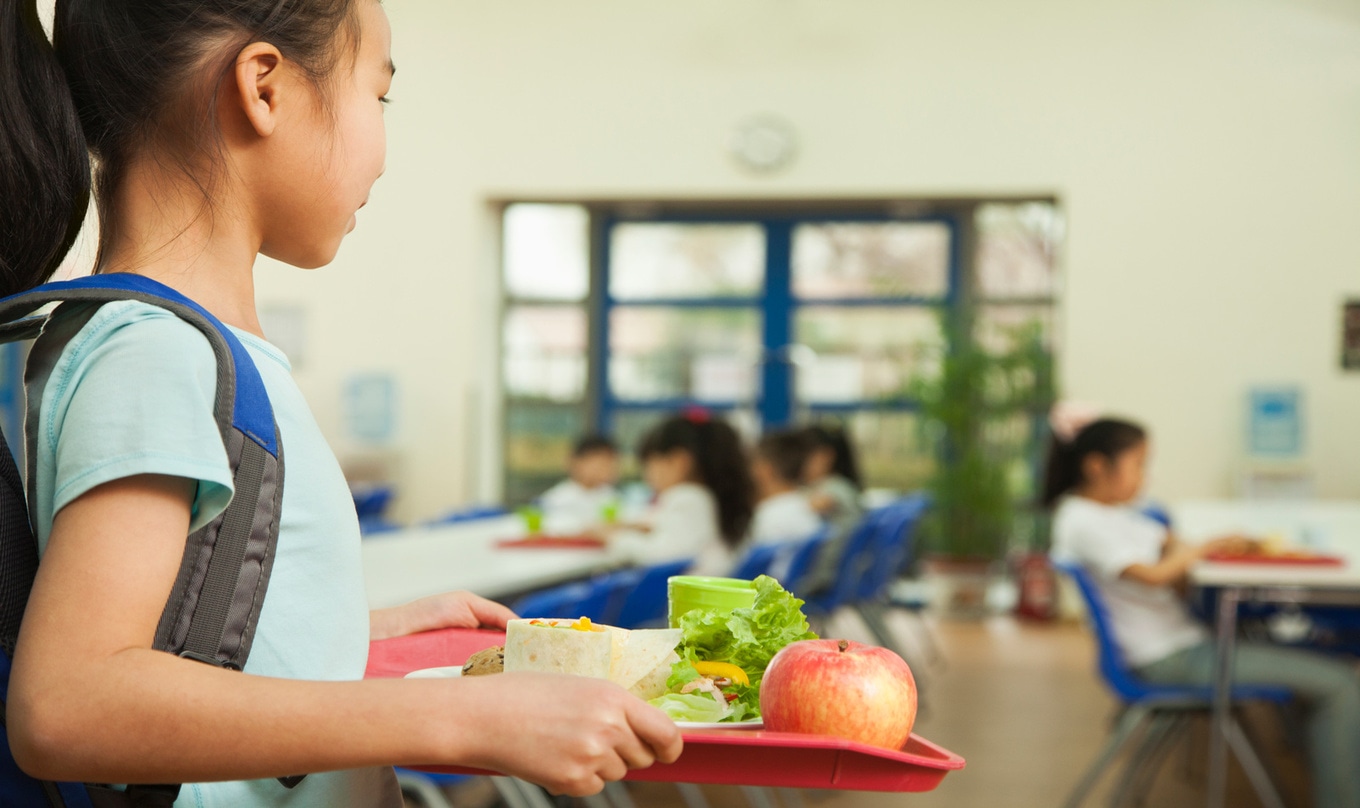 Getty
Getty
Kraft Heinz said that while many school administrators were “excited to have these options,” the demand did not meet its targets. “This happens occasionally across our broad portfolio, especially as we explore new sales channels.”
The decision comes as sales of the product line dropped by 15 percent for the quarter ending September 28, according to Kraft Heinz CEO Carlos Abrams-Rivera. During a recent investor call, Abrams-Rivera said the decline was the impact of “negative publicity” stemming from what he termed a “misleading interest group.”
New competitors pose additional pressure
Lunchables also faces a rapidly evolving competitive landscape. Recently, YouTube personality Mr. Beast launched a rival product called Lunchly, which garnered attention and criticism following social media reports of mold in some kits. These issues have underscored the growing public demand for transparency and accountability in ready-to-eat products targeted toward children.
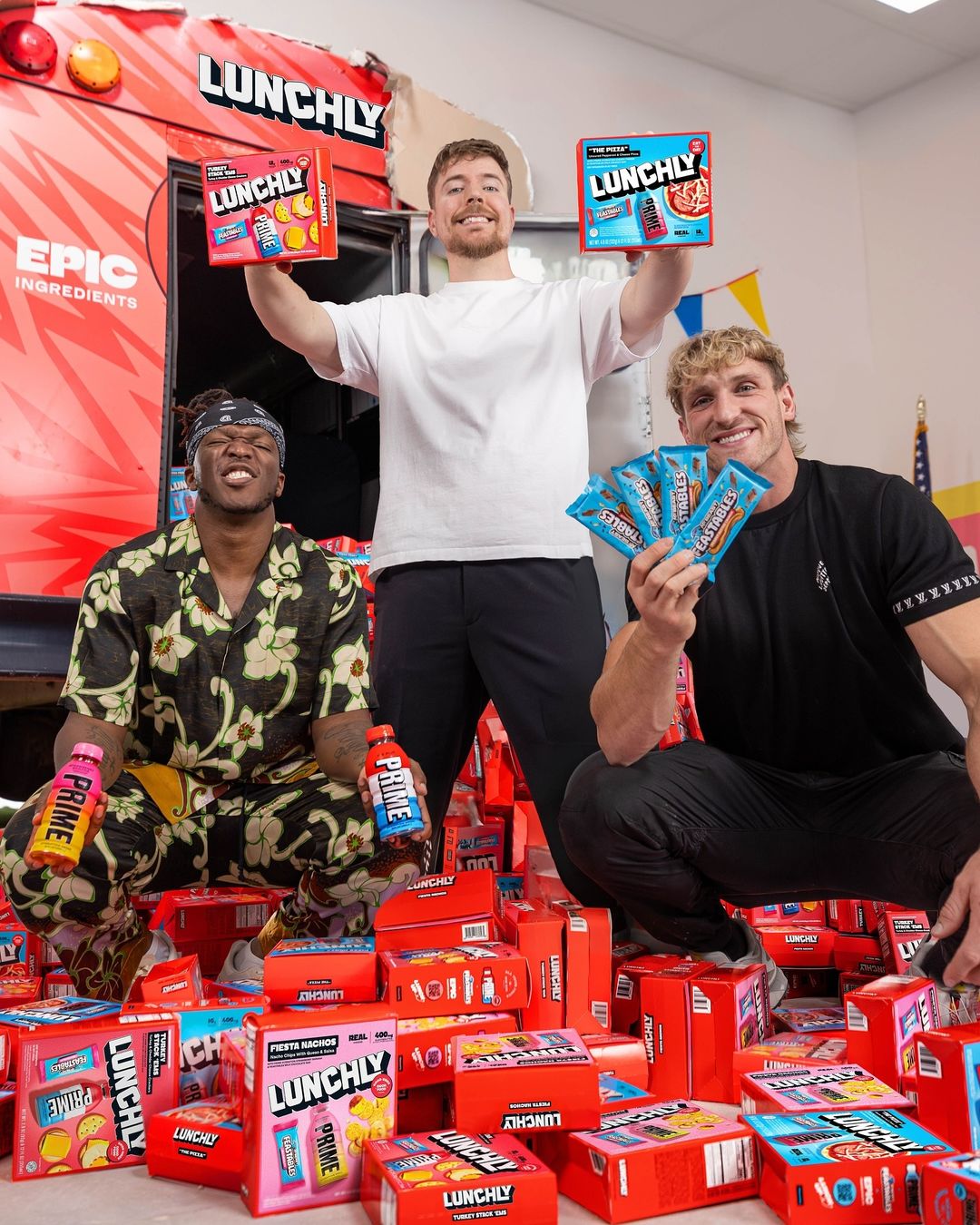 Mr. Beast | Facebook
Mr. Beast | Facebook
BECOME A VEGNEWS VIP: Get exclusive product deals, freebies, and perks galore!
Kraft Heinz, which first introduced Lunchables in the 1980s, has repeatedly reinvented the brand over the years. In 2019, the company launched Brunchables to expand its appeal beyond traditional lunch offerings. And just last year, Kraft Heinz incorporated fresh fruit items like apples, grapes, and clementines into select kits to emphasize healthier options.
Lunchables out as Little Sesame’s kids hummus cups gain support
The news comes as Little Sesame, a fast-growing hummus brand, is tapping into both government and venture funding to fuel its growth in 2025, introducing a child-specific version of its hummus. The brand recently rolled out its Hummus for Kids cups, available at Whole Foods and through its website, aiming to meet a growing demand for healthy, child-friendly snacks.
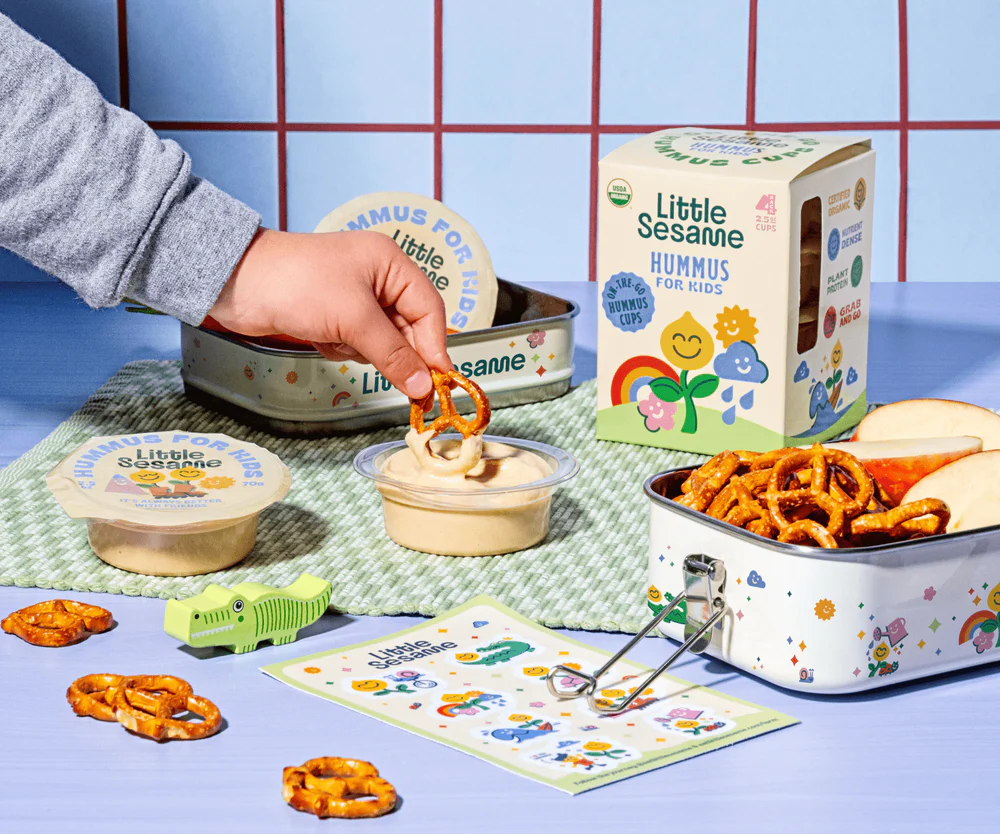 Little Sesame
Little Sesame
“Hummus is such a good food for kids. It is very nutrient-dense and has a lot of protein. And with our hummus, it [has] a super clean label that parents can trust. So, it is a perfect snack, and there has not been a product that was built specifically for kids,” Nick Wiseman, cofounder and CEO of Little Sesame, told FoodNavigator-USA.
Little Sesame sources its chickpeas and lemons directly from farmers, ensuring its products meet Certified Organic and Clean Label standards.
“This hummus for kids is a prime example of how we bring a new customer to the category,” Wiseman explained, adding that hummus is “moving away from a snack and more to the center of the table” as part of a growing interest in the Mediterranean diet. The certified organic and clean-label Hummus for Kids cups contain 1 gram of sugar, 2 grams of protein, and 125 milligrams of sodium per serving, as well as five grams of protein per cup.
USDA support and sustainable farming practices
While the USDA was fielding calls to ban Lunchables, it gave Little Sesame a $2.5 million grant, which allowed the company to strengthen its supply chain and support farmers transitioning from conventional to regenerative organic practices.
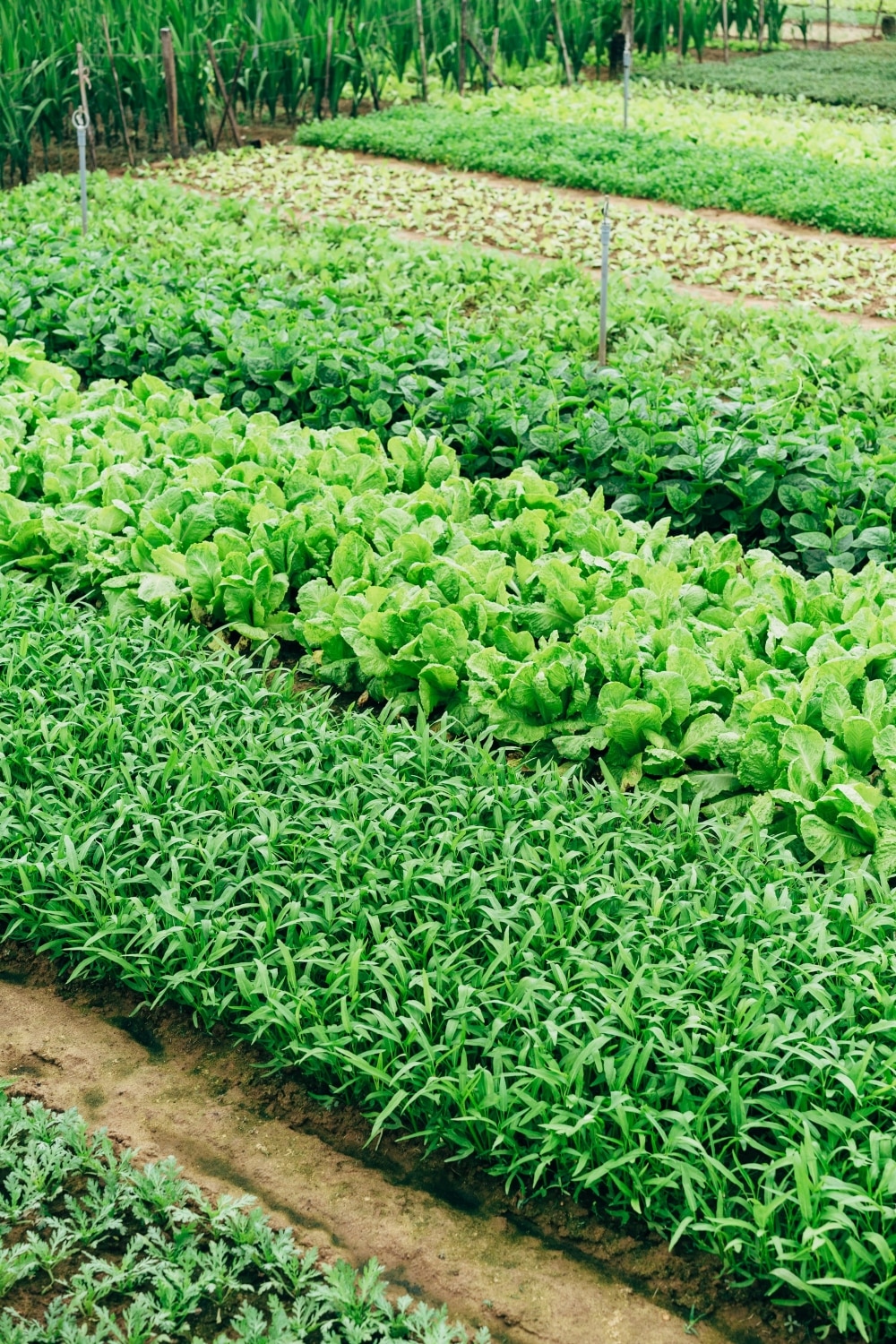
Wiseman explained the label’s regenerative chickpeas, sourced from Montana, also serve as a step toward addressing climate change. “That type of farming really builds healthy soil, and from healthy soil builds healthy ecosystems and holds more carbon,” Wiseman said.
For more plant-based stories like this, read:
JUMP TO ... Latest News | Recipes | Guides | Health | Subscribe

